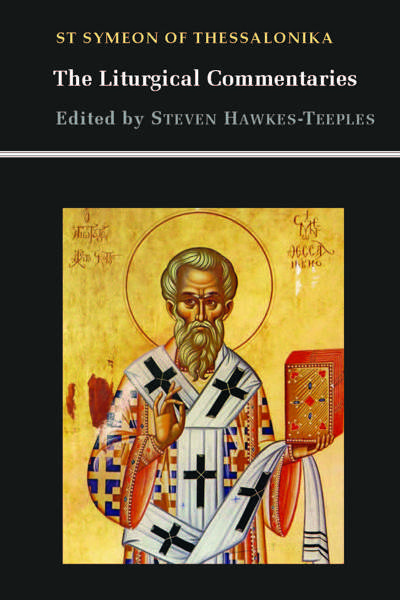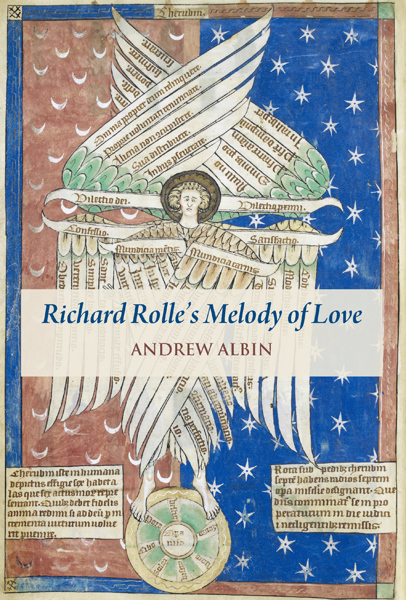
William of Auxerre's Theology of the Hypostatic Union
The Theology of the Hypostatic Union in the Early Thirteenth Century, I
W.H. Principe
- Pages: 332 p.
- Size:175 x 260 mm
- Language(s):English
- Publication Year:1963
- € 42,00 EXCL. VAT RETAIL PRICE
- ISBN: 978-0-88844-007-5
- Paperback
- Out of Print
The four volumes of this study examine the thought of the most influential theologians of the Hypostatic Union in the early thirteenth century: William of Auxerre (ca. 1145–1231), Alexander of Hales (1186–1245), Hugh of Saint-Cher (ca. 1190-1263), and Philip the Chancellor (ca. 1170–1236). Each volume opens with an analysis of the philosophy used by the theologian, contributing to the history of a number of important philosophical concepts. There follows an examination of such topics as the Incarnation as a doctrine of faith, the mode of union in Christ, the divine participant in the union, the human nature assumed, and the communication of idioms.
Parallel organization of each volume allows easy comparison of the authors. A summary at the end of each volume draws the theologian’s thought together. A general summary at the end of the fourth volume provides a review and comparison of the contribution of the four theologians. The four volumes (ST 7 [William of Auxerre], 12 [Alexander of Hales], 19 [Hugh of Saint-Cher] and 32 [Philip the Chancellor]) are sold as individual volumes.


